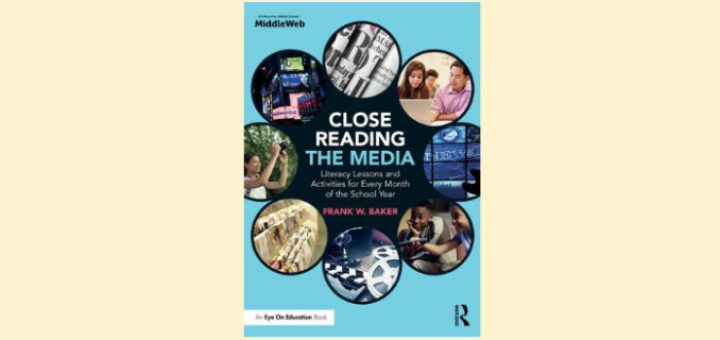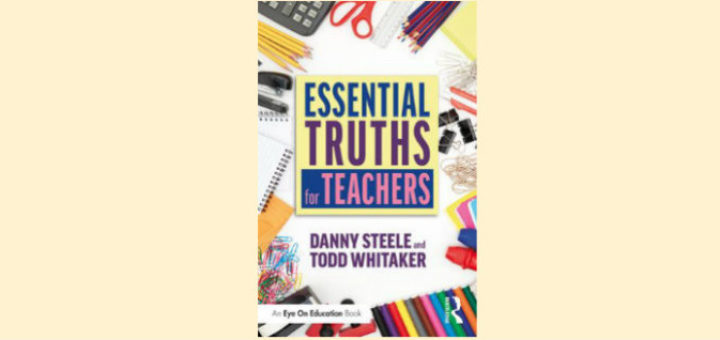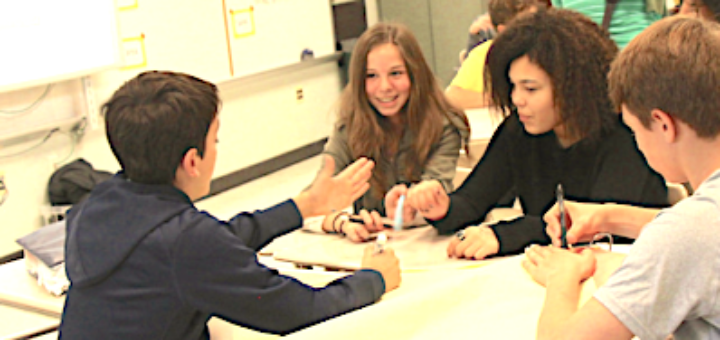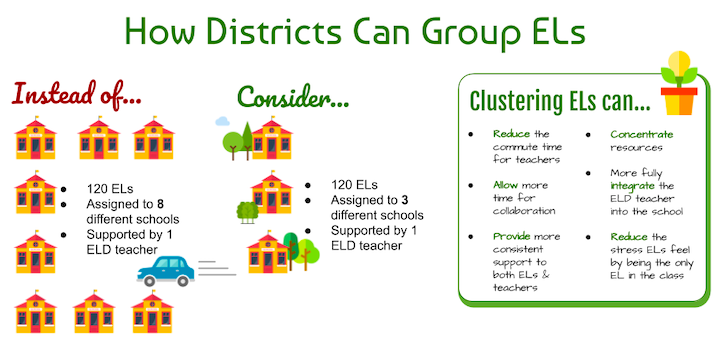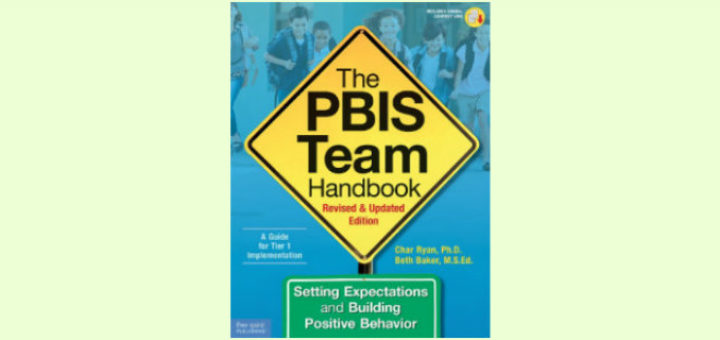Teaching and learning in grades 4-8
If we want our students to be readers, we have to let them read, writes principal and reading teacher Rita Platt. We have to give them time for the kind of reading that is guided by curiosity, joy, and love of story. Platt shows exactly how her school made this work.
Teachers at Pioneer Middle School were weary of their traditional one-size-fits-all summer school requiring every student to take the same classes. Learn how they’ve redesigned the program for eighth graders around specific skills that better prepare them for high school.
Over a career of teaching, mentoring and networking with novices, Barbara Blackburn has learned five key lessons about being a new teacher. Here she takes the butterflies churning in newbies’ insides and suggests ways to line them up in formation for a strong first year.
Close Reading the Media is an incredible resource for middle or high school humanities teachers teaching students how to think critically about the media, writes teacher Stephanie Leary, noting it is packed with informative, fun, and thought-provoking topics and ideas.
Danny Steele and Todd Whitaker have done an impressive job recognizing and explaining 56 Essential Truths to help teachers be the best they can be for students, writes school leader Doug Dunn. The 99-page book works as a quick read or a source for daily inspiration.
With the 2020 election underway fake news and deceptive social media posts and imagery are expected to become commonplace. Media literacy expert Frank Baker offers a lesson to help our always-connected students acquire some of the “healthy skepticism” skills they’ll need.
As the school year begins, Michelle Russell has plans to take Geoff Krall’s Necessary Conditions to class. She shares the norms, structures and routines she’ll implement starting day one, from establishing guidelines for group work to assuring academic safety.
New educators – particularly those in the middle grades – find themselves at the edge of the high dive, filled with enthusiasm and uncertainty. As they leap into the profession, Curtis Chandler shows how we can seek opportunities to provide support and collaboration.
Instead of peppering English learners around a large network of schools, districts can benefit those students and their EL support teachers by strategically clustering them, writes Tan Huynh. Included: Ideas to help achieve buy-in from content teachers.
The newly revised and resource-rich PBIS Team Handbook does an excellent job of breaking down what PBIS is, what it means to schools, and how effective it can be when implemented properly. The authors make a convincing case for Tier 1 implementation, says Christina Williams.




